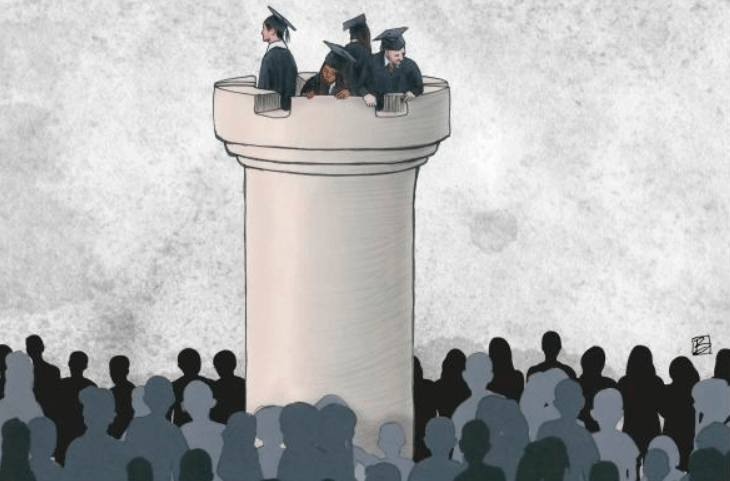MAD MEN’S FINAL FIVE LEADERSHIP LESSONS
After seven successful seasons, Mad Men finally completed its grand finale this past week. Rare is the series that has done as good of a job portraying so realistically the traditional advertising agency world couched in the morass of the 1960s culture. Through the tortured soul of advertising executive, Don Draper, we were granted an inside look at advertising and all its attendant excesses that were so common back in the day.
For anyone who has not taken in the series, I highly recommend you give it a go. The content and characters will simultaneously take you throughout the entire range of human emotions and messes of life. The series is thought provoking, tragically realistic, hilarious at times, passionate, and painful.
As I reflect upon the seven seasons of Mad Men, a few powerful leadership lessons beg to be heard. I’m sure many exist, but here are the five that stood out to me:
1—Treat People With Dignity And Respect. Repeatedly, Mad Men presented the viewer with situations in which people were mistreated. Sometimes that mistreatment was connected to selfish ambition, social class, race, gender, or class. It was a breath of fresh air when someone chose to preserve dignity and respect in his or her relationships. Today, we need to be that breath of fresh air. Treating each other with dignity and respect never goes out of style, it is always appreciated, it is always needed, and it is simply the right thing to do.
2—Don’t Let The Personal Destroy The Professional And Don’t Let The Professional Destroy The Personal. Don Draper and his colleagues consistently violated this lesson. If you allow it, your profession can take over your entire being to the point that it destroys your personal life. That is a horrible outcome. Equally horrific is allowing your personal life to be so out of control that it destroys your professional life. That car drives in both directions. It is up to you to control it.
3—Our Actions Always Have Consequences. During the early years of Mad Men, I heard Matthew Weiner (creator of the series) interviewed on National Public Radio. In reviewing Don Draper’s life, Weiner made a potent comment. He emphasized that as the Mad Men series continued, the audience would continue to be clearly subjected to the truth that Don Draper’s decisions always have consequences. As Don Draper continued to make tragic, morally depraved decisions, each one of those decisions would render negative consequences. Personally and professionally, we each need to remember that every decision we make has consequences. That remains an inescapable law of the universe. Sometimes those consequences involve merely the routine, mundane clicks in the cogs of the wheels of our industry. Other times those consequences involve the organization’s reputation, our integrity, and people’s lives. Every decision you or I make today will have consequences. This was true for Don Draper too. But the good news is we don’t have to make the same decisions Don Draper made. We can create different consequences.
4—A Holistic Approach To Life Means That We Can Achieve Personal And Professional Wholeness. Most of the tragedy that arose in Mad Men originated from violating a holistic approach to life. One could argue that Don Draper made many good decisions professionally more so than personally. Nevertheless, if we are concerned with living our lives holistically, then should we not be making good decisions both professionally and personally? That can and will happen as we choose to live life holistically. Wellness can be achieved. It is up to you to reach for it.
5—Redemption Is Possible. Without throwing out any spoilers, I can affirm that Mad Men’s grand finale was quite interesting. Although the outcomes to various people’s lives were still slightly murky, a number of key characters including Don Draper arrived at a place of significant change. Don Draper finally realized the tremendous pain to him and to other people that his poor decisions created. He intentionally entered into some fundamental changes to his philosophy of life. He chose a new direction. At any point in our lives, we must be willing to admit that we have made some serious mistakes, find that path of redemption, and move forward with it. Redemption is possible if we choose it.











